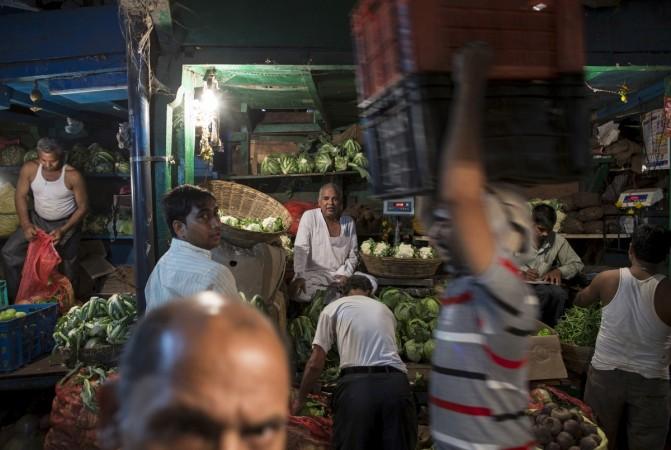
The Goods and Service Tax (GST) Council, during its second day of meeting, set a threshold limit of a trader's turnover at Rs 20 lakh. For the North-Eastern and other smaller states, the limit is Rs 10 lakh. The other crucial issue that was finalised is sharing of administrative powers between the Centre and the states.
The dual control over small traders was also resolved with states gaining exclusive control over all dealers up to a revenue threshold of Rs 1.5 crore. In addition, the Centre will also gain control over 11 lakh service tax registered dealers irrespective of their revenue levels, the Mint reported.
However, traders who have revenue threshold of more than Rs 1.5 crore, a mechanism is being worked out where one dealer will be regulated either by the central government or the state government.
Finance Minister Arun Jaitley said that the decision was arrived by consensus and not by voting. The GST Council will meet again on 30 September to decide the draft rules and other area-based exemptions, the Mint report added.
The tax rates will be decided during the meeting, which will be held from 17-19 October, Jaitley further added.
Meanwhile, the GST Council's first meeting on Thursday saw states disagreeing with the Centre's cut-off on the annual turnover clause that would determine the exemption limit for business enterprises. The Centre's proposed annual turnover of Rs 25 lakh found takers in Delhi and Tamil Nadu, but Uttar Pradesh wanted the threshold to be lowered to Rs 7 lakh.
On 8 September, President Pranab Mukherjee approved the Constitution Amendment Bill on Goods and Services Tax (GST).
The BJP government wants the bill to come into effect from April 1, 2017.

















